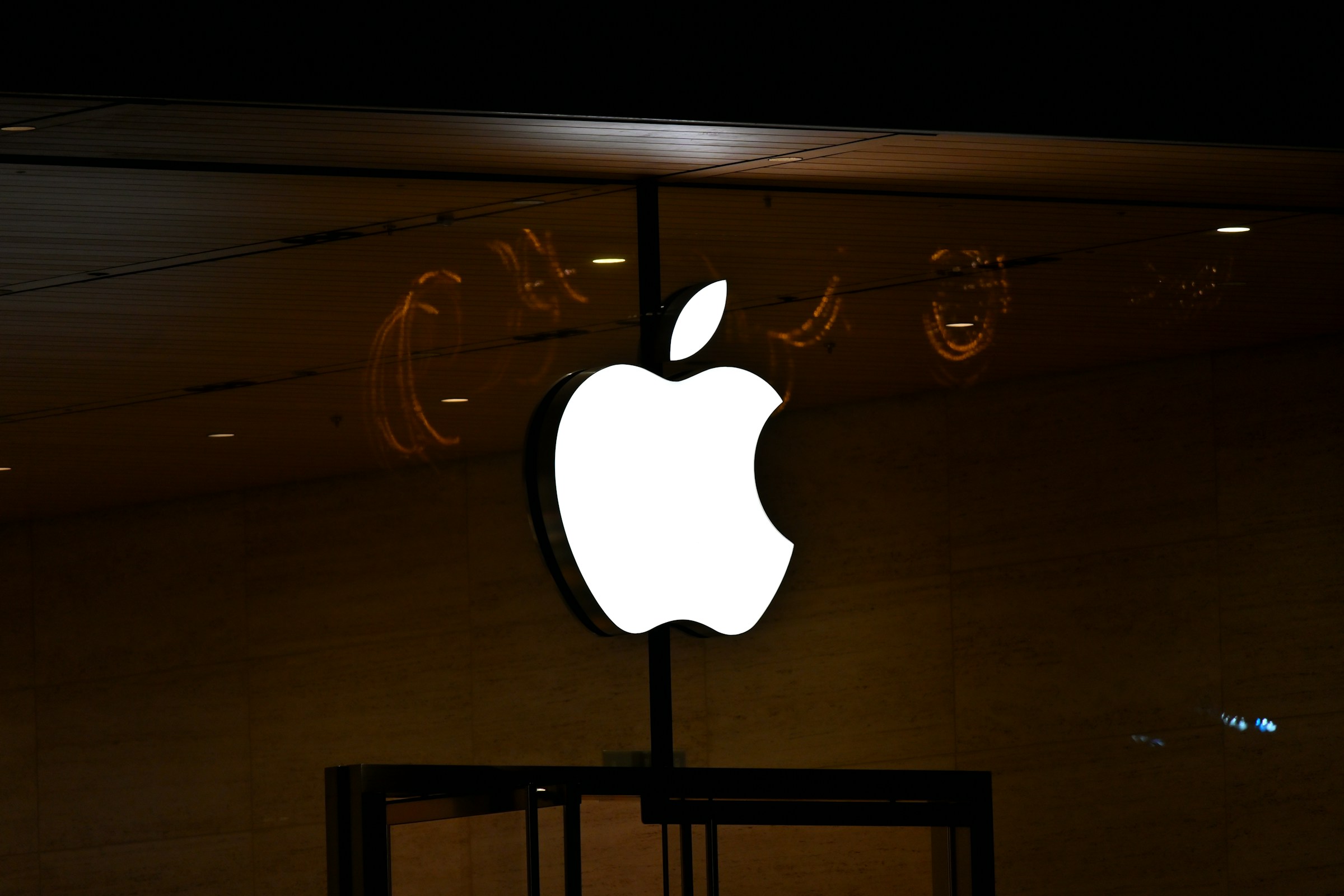The UK’s decision to withdraw its request that Apple build a “backdoor” to access encrypted data—disclosed by U.S. Director of National Intelligence Tulsi Gabbard—closes a politically charged standoff that had pitted UK investigatory powers against Apple’s long-standing refusal to weaken end-to-end security. According to Gabbard, the resolution followed months of talks with U.S. officials, including President Donald Trump and Vice President JD Vance, and British counterparts. For privacy advocates and Big Tech alike, it’s a relief; for policymakers, it’s a pause, not a pivot.
The original UK order, issued under the country’s surveillance framework, sought a technical capability from Apple that would have undermined its most robust cloud protections. Apple had already responded by disabling Advanced Data Protection for UK users earlier this year, an unmistakable signal that it would rather degrade features than weaken its global encryption model. That move reverberated well beyond Britain, raising questions for multinational product roadmaps and for consumers who expect equivalently secure services regardless of jurisdiction.
Washington’s position hardened quickly. U.S. officials and lawmakers warned that a mandated “back door”—even if framed as targeted access—creates a systemic vulnerability that criminals and hostile states can exploit. They also argued the UK’s stance risked colliding with the CLOUD Act, which governs cross-border data access via bilateral agreements and is designed to avoid exactly this kind of unilateral reach into American users’ data. By securing London’s retreat, the U.S. effectively defended both a legal framework and a strategic norm: if you want American data, use the treaty rails, not secret orders to platform vendors.
For the UK, the reversal is pragmatic. Encryption fights consume political oxygen, spook global firms, and can spill into trade and adequacy debates. Financial Times reporting frames it as an attempt by the Starmer government to defuse a growing diplomatic headache while preserving room to pursue safety goals through cooperation rather than confrontation. Legal proceedings tied to the initial notice are still live, but the central demand that Apple intentionally weaken its own defenses is now off the table.
Apple’s near-term calculus is clearer. The company avoids setting a precedent that would fragment product security by market, a scenario that would inflate engineering cost, complicate compliance, and erode brand equity around privacy. It can now contemplate restoring feature parity for UK users, including end-to-end encrypted cloud backups, without inviting a fresh enforcement clash. In that sense, the outcome supports Apple’s broader business model: premium hardware paired with a privacy promise that is uniform, testable, and defensible across borders.
The strategic thread to watch is not just Apple versus Whitehall, but how governments recalibrate “lawful access” ambitions within interoperable legal frameworks. The CLOUD Act exists to reconcile sovereignty with due process; the UK retreat tacitly re-endorses that architecture. It also narrows the political appetite for client-side scanning mandates and other proposals that blur the line between safety tooling and generalized surveillance risk. Expect enforcement energy to shift back toward targeted warrants, metadata exploitation, and intensified cooperation through existing bilateral channels.
There is, however, no permanent equilibrium here. Security agencies will continue pressing for investigative leverage; platforms will keep hardening encryption layers and minimizing what they can access. Civil society groups that sounded the alarm when Apple curtailed UK features will claim a win, but they also know the terrain remains volatile—particularly as other jurisdictions explore novel obligations under online safety and app-store regimes. The lesson from this episode is structural: when governments test blanket technical mandates against mature, globalized security models, the economic and diplomatic blowback can outweigh the investigative upside.
What this says about the market: this outcome reads less like tech exceptionalism and more like regulatory realignment. The UK chose coordination over compulsion; the U.S. defended treaty channels over ad-hoc orders; Apple preserved its uniform security posture. The crypto-policy wars will return, but for now, the signal is clear—breaking encryption is a harder sell than ever, and cross-border data access is moving back to the rails built for it.








.jpg&w=3840&q=75)




-2.jpg&w=3840&q=75)
.jpg&w=3840&q=75)